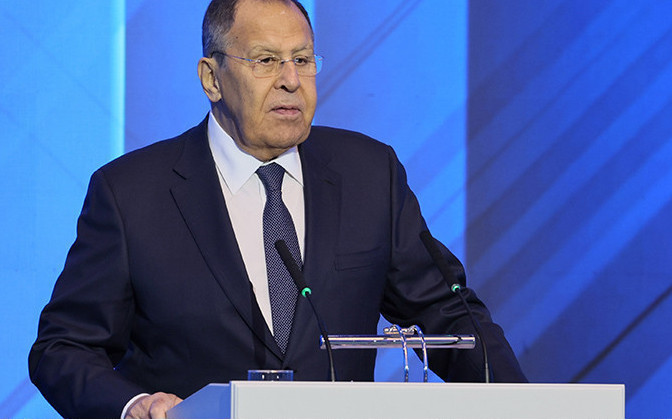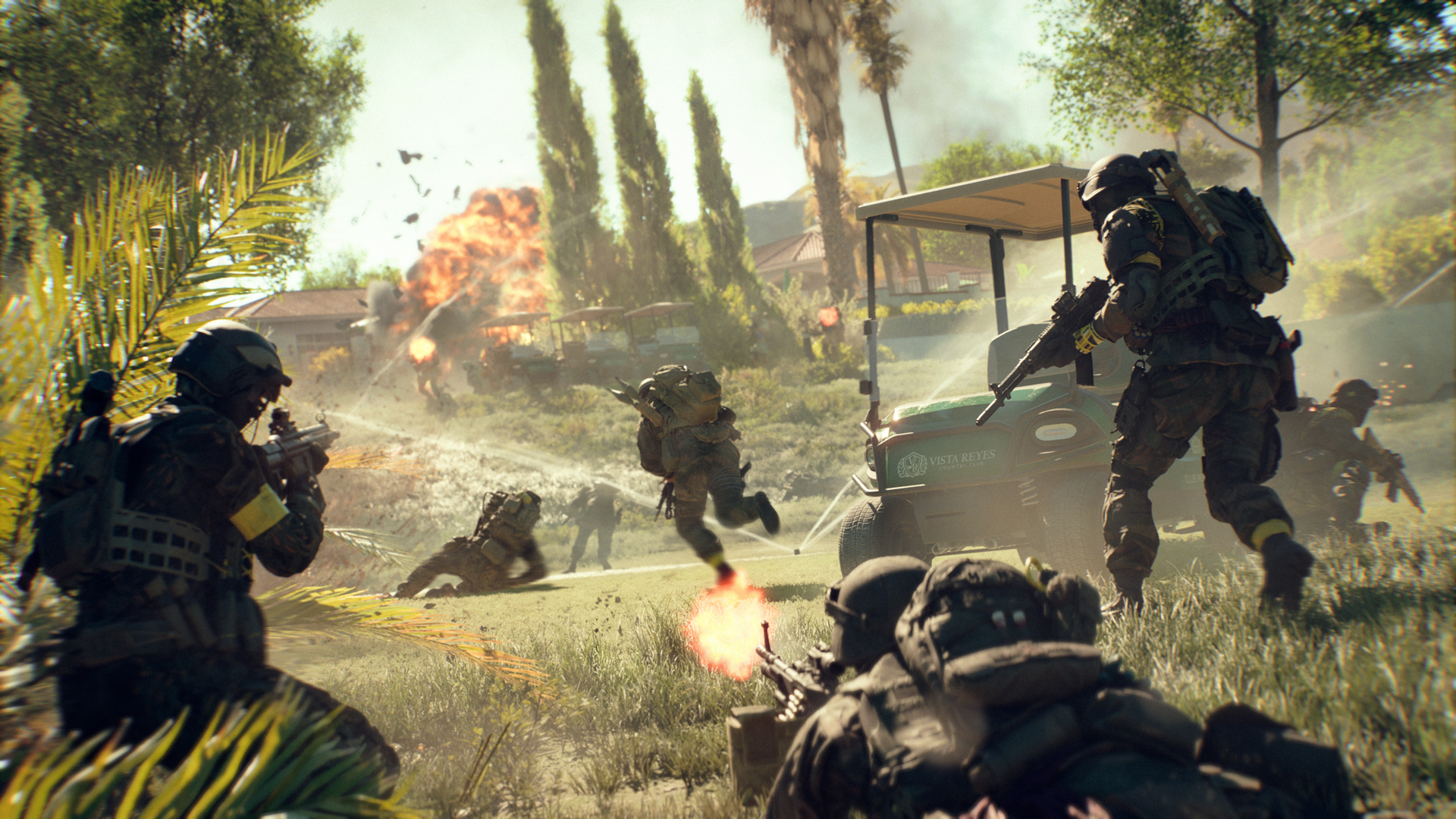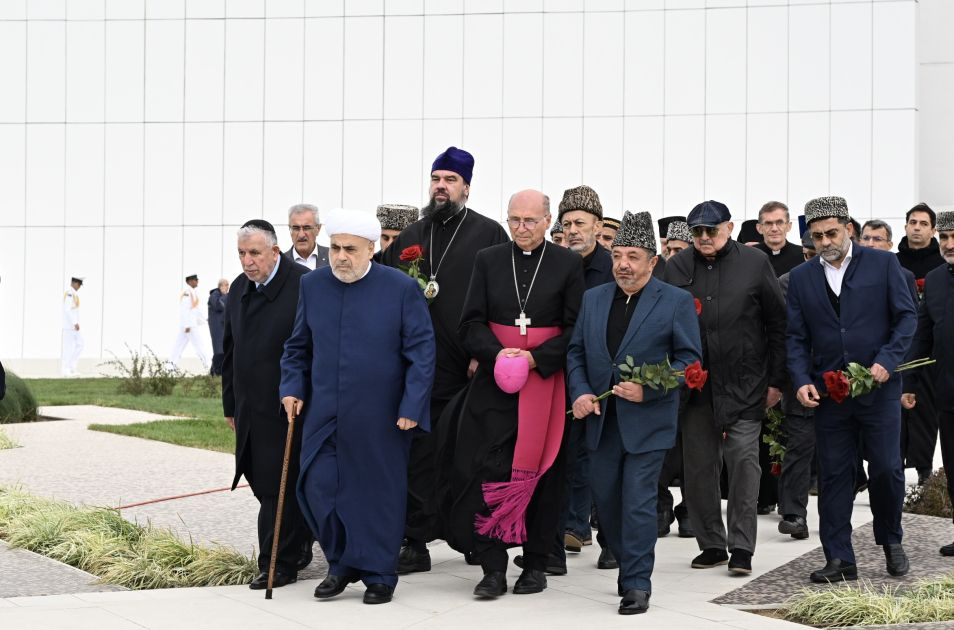Copyright finchannel

“Western countries make no secret that they are preparing for a new major European war”, Minister Lavrov Remark: False / Misleading. No binding promise or treaty ever prohibited NATO enlargement. Archival research (Brookings, George Washington University’s National Security Archive) shows the 1990 discussions referred only to NATO forces in eastern Germany, not to future enlargement. The phrase “not one inch eastward” was rhetorical, not a written commitment. Sources: Brookings Institution: Did NATO Promise Not to Enlarge? Gorbachev Says No National Security Archive, GWU, NATO Expansion: What Gorbachev Heard (2017) Lavrov: They planned and provoked the conflict in Ukraine, which dealt a final blow to the Euro-Atlantic Security model, which used to rely on NATO, the OSCE and the European Union. Over the past eight years, the EU evolved into a Euro-Atlantic component of this setting. Remark: False. Independent investigations (UN, OSCE, International Criminal Court, numerous Western and neutral think tanks) confirm that Russia initiated the full-scale invasion of Ukraine on February 24 2022. Western nations did not “plan” or “provoke” the war; they reacted to it. Claims of Western provocation are part of a disinformation narrative used by Russian officials since 2014. UN General Assembly Resolutions ES-11/1 and ES-11/6 (2022–2023) OSCE Moscow Mechanism Reports (2022–2024) Lavrov: “The militarisation of Europe is gaining traction with more funding for defence manufacturers, large-scale exercises, and efforts to perfect logistics for moving troops to the so-called eastern front by using the infrastructure of countries which are not part of the North-Atlantic Treaty Organisation. The plans to intensify NATO activity in the Arctic, which we (and I am convinced the majority of sensible nations) would like to see as a territory of peace and cooperation, give significant cause for concern. Remark: Omission. Yes, NATO has increased Arctic training and coordination—but Russia has built over 50 military facilities and deployed new weapons there since 2014. Lavrov’s framing omits Russia’s own militarisation of the region. Sources: Center for Strategic and International Studies (CSIS): Russia’s Military Build-Up in the Arctic (2023) NATO Arctic Defence documents (2024) Lavrov: “It is the European members of NATO that are prolonging the armed conflict in Ukraine by funnelling weapons into the Kiev regime and providing it with financial and political support. Most European leaders are at pains to persuade the US administration against the idea of reaching a settlement in Ukraine by eliminating the root causes of the conflict at the negotiating table””. Remark: Misleading. Western aid allows Ukraine to defend itself after being invaded, which is legal under Article 51 of the UN Charter. The claim that Europe “prolongs” the war omits that Russia could end it by ceasing hostilities. The term “Kiev regime” is a propaganda phrase aimed at delegitimising Ukraine’s elected government. Sources: UN Charter, Article 51 EU External Action Service: Debunking Myths about Russia’s Invasion of Ukraine (2023) Lavrov: “Europe has been groundlessly accusing Russia of planning an invasion of NATO and EU countries. European leaders invented this nonsense and repeated it in a conscious deceit of their own nations”. Remark: False. Russia’s 2022 invasion of Ukraine, hybrid operations in Moldova, and repeated nuclear threats make these fears not groundless. Intelligence from Germany, the UK, and NATO indicates active Russian military planning scenarios for escalation. Sources: Al Jazeera (Oct 2025), Europe lacks coordination as Russia prepares for war with NATO; NATO Strategic Concept (2022). By inflating the anti-Russia hysteria on the principle of “war will justify everything,” as we say in Russia, they are trying to blame Moscow for their own mistakes, including the numerous mistakes and failures with regard to Ukraine. Lavrov: “We have stated repeatedly that we have never had and have no intention to attack any member of NATO or the European Union”. Remark: Contradicted by behaviour. Although Russia officially denies offensive intentions, its invasion of Ukraine, threats against the Baltics, and cyber operations in NATO states contradict this claim. Trust in such assurances is therefore low. Russia attacked and partly occupied Georgia despite of the recognition of the sovereignty of Georgia. Russian officials say the attack on Georgia in 2008 was not planned, but Russian President Vladimir Putin confirmed in 2012 that Russia had a plan in place as early as 2006 to “repel Georgia’s aggression,” which included training separatists. Chief of the Russian General Staff Army General Nikolay Makarov said on Dec 10 2008, “We had no plans to invade Georgia and we have no such plans now.” Lavrov:“NATO is artificially expanding its area of responsibility far beyond the Euro-Atlantic region. To this end, the alliance has advanced the notion of the “indivisibility” of its security and that of the Indo-Pacific Region”. Remark: Partly true but distorted. Lavrov: NATO’s outreach to Indo-Pacific democracies (Japan, Australia, South Korea, New Zealand) is cooperative, not territorial. There is no “NATO Indo-Pacific” structure. The word “artificial” misrepresents voluntary partnerships requested by those nations.Lavrov: “NATO does not leave other Eurasian regions without its attention, including the Middle East, the South Caucasus, and Central and South Asia. These sub-regions are dealt with on an individual basis rather than in the context of concerns about pan-continental or pan-Eurasian interests. Back in 2015, Vladimir Putin, speaking at the Russia-ASEAN Summit, suggested establishing a Greater Eurasian Partnership that envisaged the creation of a continent-wide contour of equitable and mutually beneficial cooperation”. Remark: Propagandistic framing. The “Greater Eurasian Partnership” is a Russian-promoted initiative to expand Moscow’s influence over Central Asia and counter the EU’s connectivity strategies. Most independent analysts describe it as a geopolitical counter-project, not an open economic partnership.



